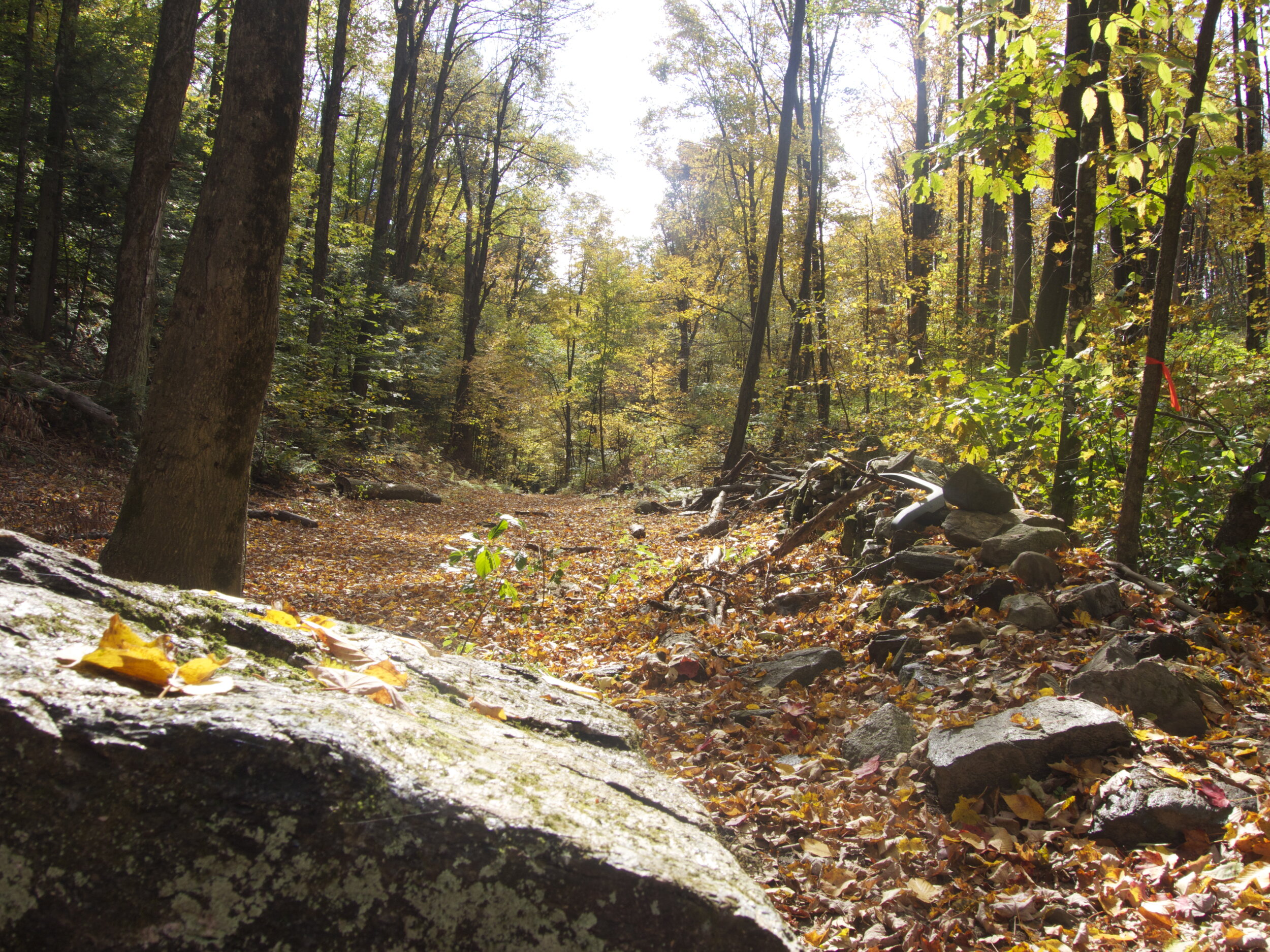
upcoming workshops.

Working with Difficult Ancestors
How do we learn from ancestors in a way that makes us able to be good ancestors for folks who come after? Some of the aspects of our various ancestries may feel difficult: ancestors who engaged in oppressive, violent, harmful behavior, for instance, tend to not be ones we want to identify with. Some of the aspects of our ancestries are exciting, nourishing, life-giving. And if we take seriously the idea, the evidence that ancestors’ experiences are passed down to all of us in the form of physical realities—bodily trauma, bodily capability—we have to take both the beautiful and the difficult in our ancestries into account. This is the move towards healing.

thinking intersectionally about asylum and migration
Thinking Intersectionally about Migration and Asylum Work
In this workshop, we guide participants through the beginning stages of thinking intersectionally about the work of supporting asylum-seekers and refugees and, most importantly, about their own participation in that work. We will provide a Handbook of readings, diagrams, and worksheet exercises. Prior to the workshop we ask that participants watch Dr Kimberlé Crenshaw’s short video, "The Urgency of Intersectionality," available for free on YouTube.
For sliding scale information and registration, click through to the Google Form available here.